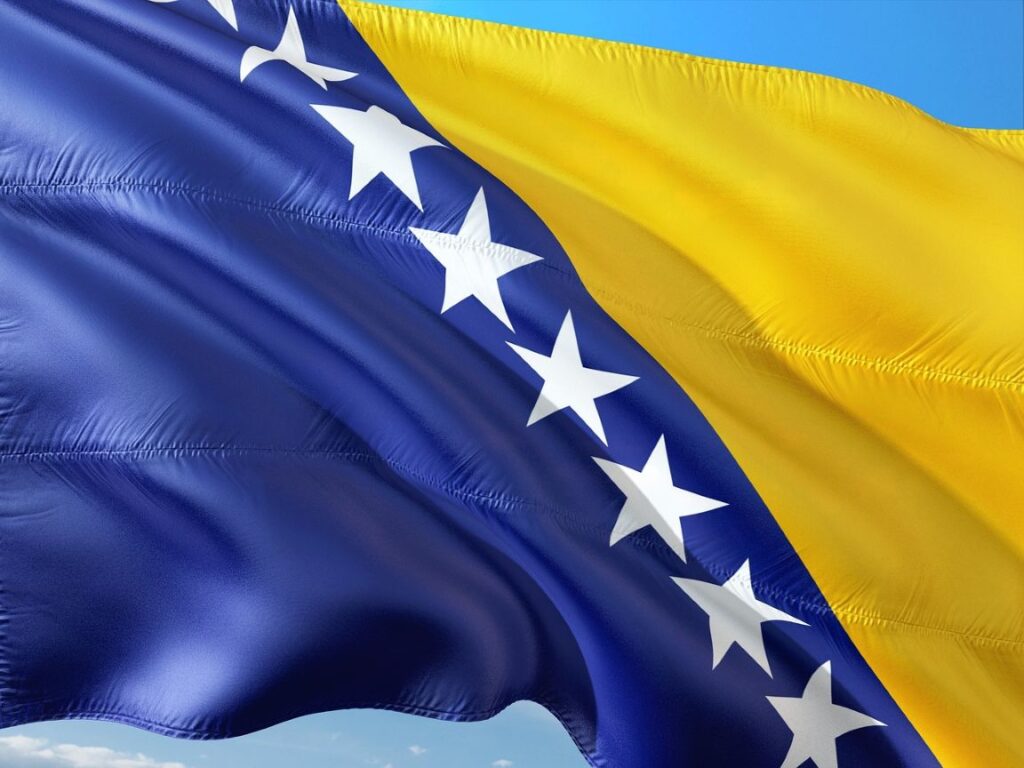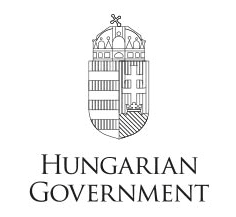
For years, the Balkan region has been associated with war and conflict. The term “powder keg” is still used as a term to describe the region, thereby reinforcing the image of a region of prevailing instabilities and insecurities in the Balkans. What has been overlooked, however, is the fact that life in the post-Yugoslav countries has resumed, it is overall peaceful, and societies are pragmatically addressing everyday problems despite the difficult political contexts. The Western Balkan societies are examples of peaceful co-existence and day-to-day reconciliation.
In the context of the EU accession process, the countries of the Western Balkans were encouraged by the EU to address the legacies of the wars in the 1990s and to resolve existing bilateral conflicts. The EU’s priority is to stabilise the region and to ensure that the ongoing conflicts are not imported in the EU. Political leaders, in particular, were urged to comply with the principles of good neighbourly relations and to work toward bilateral dispute settlement agreements. However, the neighbouring EU states are less motivated to solve the bilateral disputes with the Western Balkan candidate countries, consequently, blocking any progress of the enlargement process. Political uncertainty and crises in the neighbourhood effects other states in the region.
In recent years, reconciliation on political level has experienced setbacks. This development has been accompanied with a weaking of the EU’s commitment on EU enlargement, further contributing to a neglect of implementing reconciliation initiatives. Nevertheless, reconciliation remains a horizontal condition for the Western Balkan countries within the EU accession process. While success on the political level are unfortunately scares, civil society organisations have been committed for years to facilitate reconciliation in the region. These groups have increased the pressure on governments and work closely with international organisations, despite the often-difficult task of addressing the facts of the past, deconstructing the current polarising political narratives and bringing people of different background together to improve personal relationships.
This conference will analyse the reasons behind political crises and conflict in the countries of the Western Balkans and their immediate neighbourhood, it explores various approaches to reconciliation, provides insights in the actual work of civil society organisation in facilitating peacebuilding and reconciliation in the region. Moreover, the aim of the conference is to assesses what external and local support is required to assist civil societies organisations to continue their work and the EU’s role in facilitating reconciliation in the region.
Here you can find the final programme.
Please register until 27th October under the following link.
This event is the second of a series of four conferences in the context of the “Changing Orders Research Programme – Focus Area 3: „European Perspectives for the Western Balkans Region” of the Andrássy University Budapest, supported by the Swiss-Hungarian Cooperation Programme.

